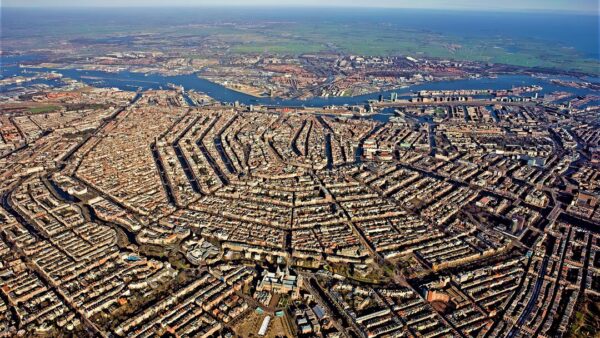Data collected by the World Health Organisation (WHO) shows that nine out of 10 people across the world breathe air containing high levels of pollutants, and that this leads to 7 million extra deaths a year.
The deaths are mainly caused by exposure to fine particles that lodge in the lungs and cardiovascular system, causing strokes, heart disease, lung cancer, chronic obstructive pulmonary diseases and respiratory infections, including pneumonia.
The organisation estimates that 4.2 million deaths in 2016 were caused by outdoor, or ambient, pollution and 3.8 million were caused by indoor pollution associated with the use of biomass fuel for heating and cooking. Of this figure, 1 million are attributed to a combination of both.
Tedros Ghebreyesus, director-general of the WHO, commented: “Air pollution threatens us all, but the poorest and most marginalised people bear the brunt of the burden. It is unacceptable that over 3 billion people – most of them women and children – are still breathing deadly smoke every day from using polluting stoves and fuels in their homes.”
Ambient air pollution levels are lowest in high-income countries, particularly in Europe, the Americas and Japan. However, European urban pollution has been shown to lower average life expectancy by anywhere between up to two years.
The highest ambient air pollution levels are in the eastern Mediterranean region, which comprises the Middle East, North Africa and Pakistan, and South-East Asia. Here, mean levels were often more than five times WHO limits, followed by low and middle-income cities in Africa.
The WHO bases its estimates on air samples taken from 103 cities around the world, however samples are taken from only eight countries in Africa. Â
Although the figures for deaths from air pollution make it one of the leading causes of death in the modern world, they are fewer than was reported by a study released last year by British health magazine, The Lancet.
This put the global figure at 9 million deaths, three times as many those caused by HIV, tuberculosis and malaria, and 15 times more than war and other forms of violence.
In economic terms, it reduced GDP in low and middle-income countries by up to 2% a year and accounted for 1.7% of annual health spending in high-income countries. Welfare losses due to pollution are estimated to amount to $4.6 trillion per year, or 6.2% of global economic output.
Image: Smog in Tehran (Matthias Blume/Creative Commons)
Further reading:






